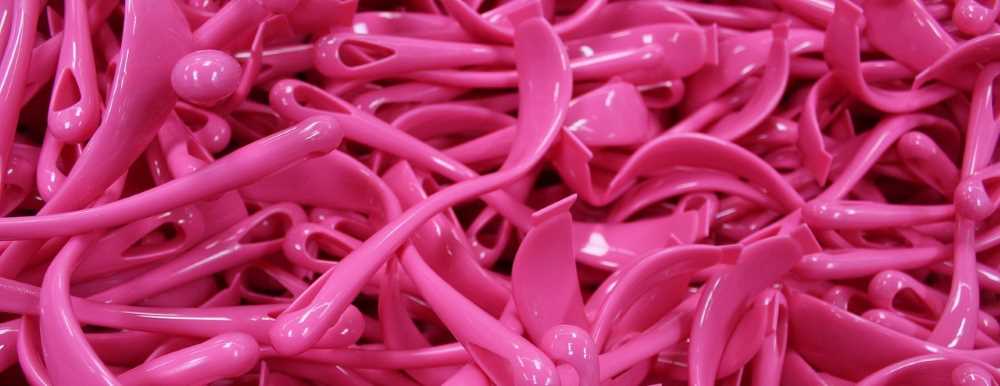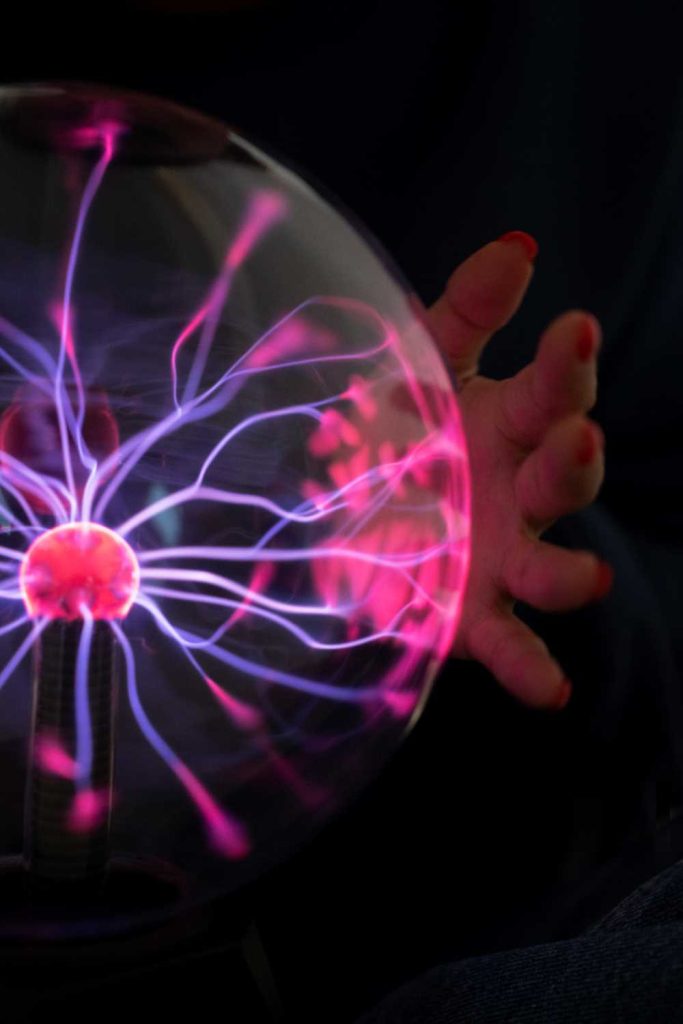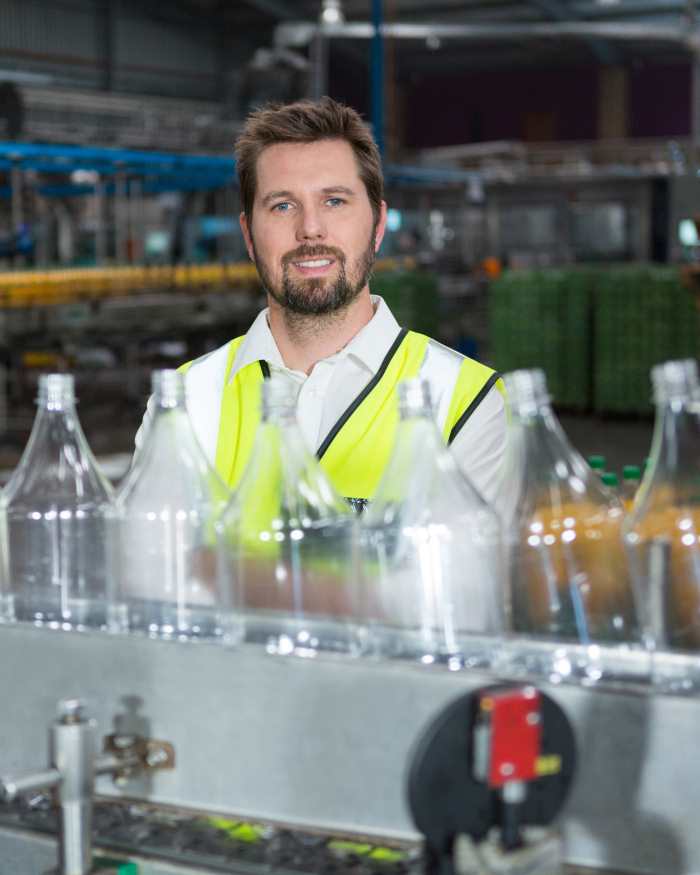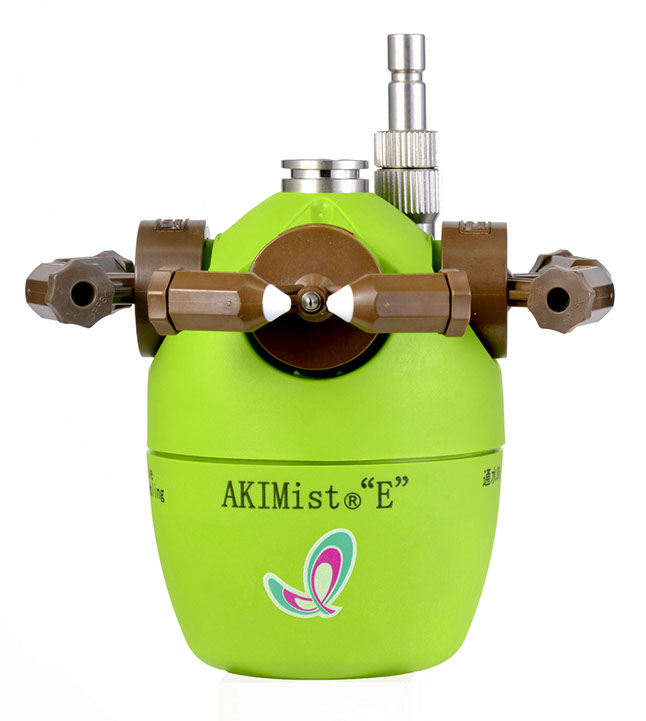January 5, 2024
How does humidity affect plastic?

Humidification plays a crucial role in plastic production processes for a number of reasons. Since many plastic and composite materials are sensitive to changes in moisture content, maintaining a consistent humidity level will help to ensure the uniformity of the plastic material.

Maintaining material uniformity with humidity control:
Since many plastic and composite materials are sensitive to changes in moisture content, maintaining a consistent humidity level will help to ensure the uniformity of the plastic material. Maintaining consistent humidity levels helps ensure the uniformity of the plastic material, preventing variations in properties such as strength, flexibility, transparency etc.
Mold cooling
In plastic injection molding processes, molds need to be cooled rapidly to solidify the molten plastic and facilitate the production of high-quality parts. Humidification helps control the temperature and humidity in the production environment, contributing to effective mold cooling and the prevention of defects in the final product.
Reducing Static Electricity with humidity:
Plastic is an insulator, which means that it does not conduct electricity well. When two insulating materials come into contact and then separate, there is a tendency for electrons to be transferred from one material to the other, leading to an accumulation of static charge.
Static electricity pose several dangers in a plastic production facility. First of all, it can attract dust and other airborne particles to plastic surfaces, which can affect the quality and appearance of the final product. It can also cause plastic pellets or sheets to stick together or lead to surface defects such as blemishes, streaks or uneven coating. However, in the worst case scenario, static electricity build-up can even lead to a fire or explosion hazard and harm employees or destroy expensive machinery.
By maintaining a constant humidity level between 40-60%, static electricity can be reduced drastically in a plastic production facility.


Worker comfort and safety
Humidity control can also contribute to an improved working climate in several ways. Maintaining an optimal humidity level helps create a comfortable atmosphere for workers. High humidity can cause lethargy and a feeling of discomfort, while low humidity can lead to fatigue and difficulty concentrating.
In addition, humidity has been proved to have a great affect on virus spread. Companies who invested in humidity control systems have experienced a decrease in employee absence by as much as 50% during the wintertime.
Read more about how workers health can be improved by humidification here
Solution: Humidity control with the energy-efficient AKIMist®
The AKIMist humidifier is a unique Japanese invention which offers full control on the humidity levels in a factory. It is an adiabatic humidifier, which means that it increases humidity by adding cold water to the air. AKIMist is known for its non-wetting abilities as the droplet size is less than 7.5μm. This means that the droplets are so small that they will bounce back without bursting on any surface. This is a very convenient ability in a factory with expensive machinery and materials which cannot get exposed to water or condense. At the same time, adiabatic humidifiers are very energy-efficient and uses 80% less energy that conventional humidifiers.

Advantages of AKIMist® in a plastic or composite production
- Reduces static electricity and thereby prevents dust accumulation and product defects significantly
- The AKIMist “E” can spray the dry mist over a distance of 4 meters from each nozzle and can cover a large area with a single unit.
- Improves worker comfort and safety
- Non-wetting
- Energy-efficient
- Easy to install
- Little maintenance
- Japanese quality
